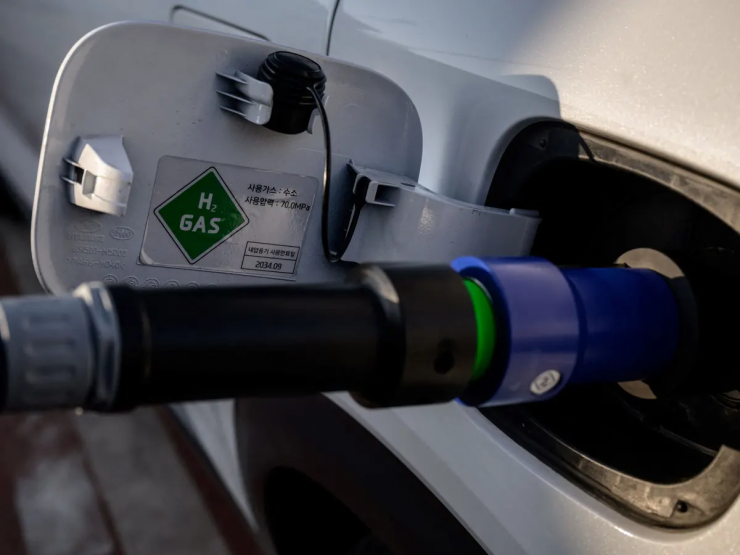
Social Implementation of Hydrogen and Decarbonized Fuels
London, June 18, 2024 , (Oilandgaspress) –– –ENEOS Corporation and Mitsubishi Corporation are pleased to announce the signing of a Memorandum of Understanding (MOU) to perform joint study on the social implementation of hydrogen and decarbonized fuels, which expands the ongoing joint feasibility study in the area of sustainable aviation fuel (SAF)(1).
ENEOS currently operates hydrogen stations for fuel cell vehicles (FCV) in Japan and is focusing on building CO2-free hydrogen supply chain to realize a hydrogen supply business for domestic industrial complex areas utilizing Japanese governmental support, such as Green Innovation Fund Projects.
MC is making extensive efforts on developing, creating demand, and building supply chain of next-generation energy, including hydrogen, in order to promote the Energy Transformation (EX) toward realizing carbon neutral society.
Through this MOU, the two companies will jointly study the development of hydrogen supply chain using Methylcyclohexane (MCH)(2). This includes the development of CO2-free hydrogen supply and its demand creation overseas, and utilization of hydrogen in the mobility sector along with the social implementation of commercial FCV, by leveraging our strengths and accumulated knowledge on hydrogen. Furthermore, the two companies will work together to promote the synthetic fuels(3) made from CO2-free hydrogen.

ENEOS and MC have identified climate change as critical business challenges and are actively promoting initiatives to reduce GHG emissions to contribute to the realization of carbon neutral and recycling oriented society. As part of these initiatives, we will firmly contribute to the early establishment of supply chains of next-generation energy and the creation of hydrogen demand.
(1) April 18, 2022 Announcement: Joint Feasibility Study on the Commercialization of Sustainable Aviation Fuel.
(2) Methylcyclohexane (MCH): A liquid hydrogen carrier at ambient temperature and pressure. It is characterized by its ease of handling for storage and transportation, with a volume of 1/500 of hydrogen gas.
(3) Synthetic Fuels: Carbon-neutral fuels produced with hydrogen derived from renewable energy and CO2. These fuels can contribute to carbon neutrality across various industries such as automotive, aviation, and shipping.
Information Source: Read More
Oil and gas press covers, Energy Monitor, Climate, Renewable, Wind, Biomass, Sustainability, Oil Price, LPG, Solar, Marine, Aviation, Fuel, Hydrogen, Electric ,EV, Gas,

